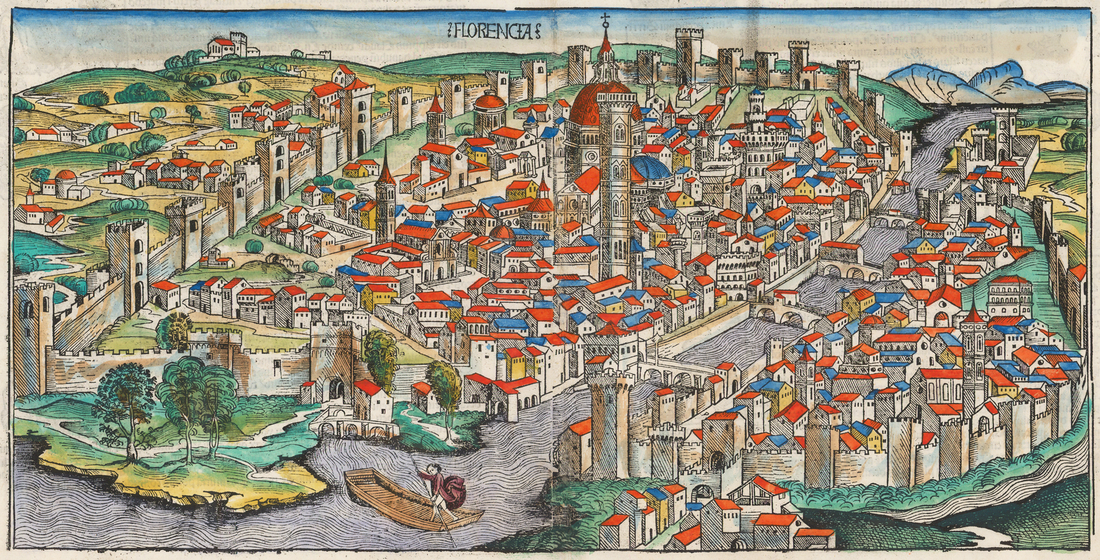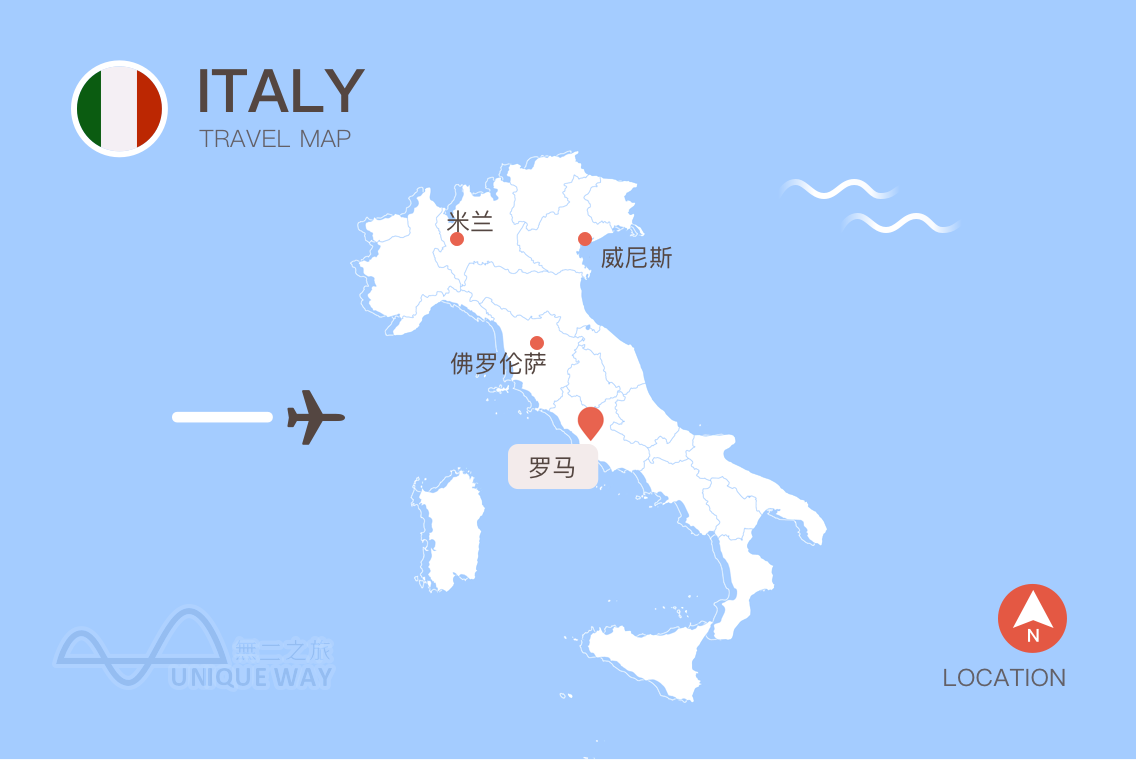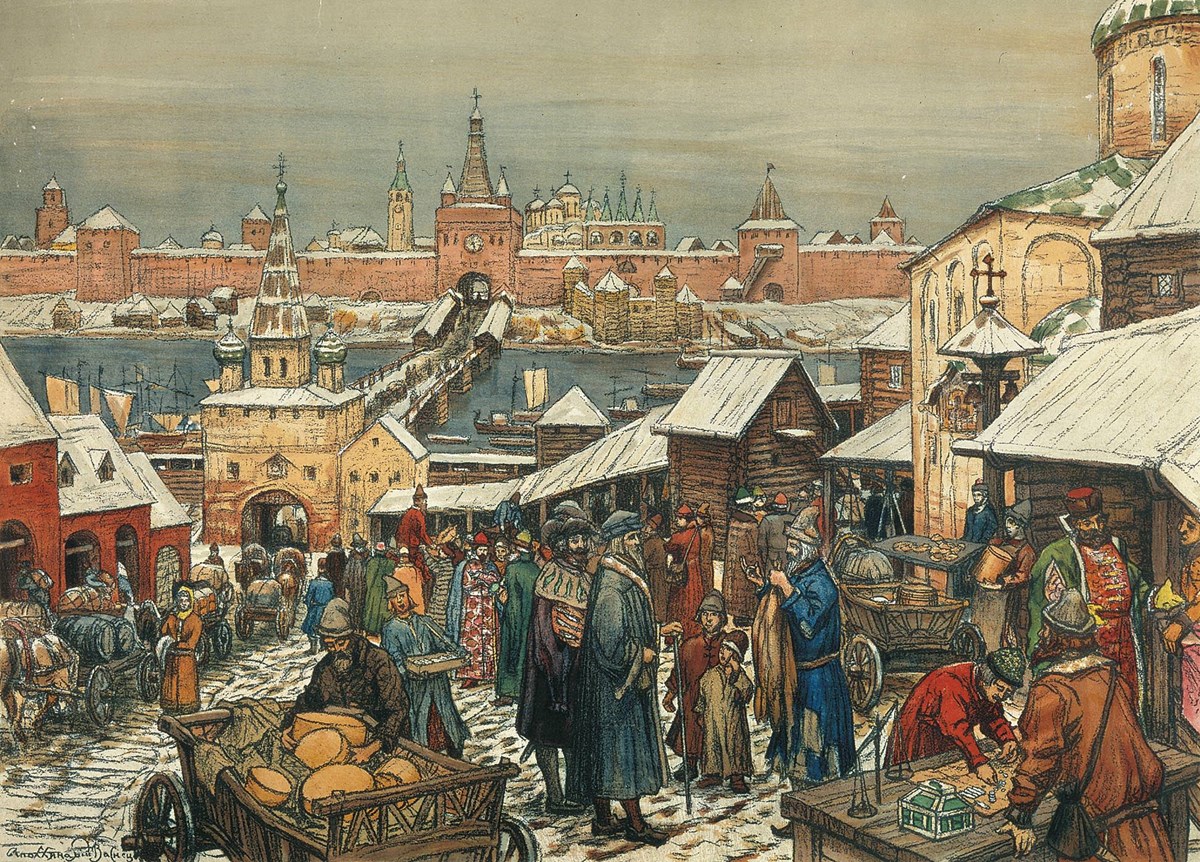
The invention of "Blockchain" technology is an upgrade and innovation of the existing Internet, and its essence is a decentralized and non-tamperable distributed ledger. We all know that the concept of "blockchain" was originally proposed by Satoshi Nakamoto in the Bitcoin white paper released in 2009, but you may not know that the application of this technology can be traced back to the earlier Middle Ages. There is such a city, which is far away from the main commercial roads and can only carry out inland transportation. It does not have the geographical advantage of being surrounded by seas and cannot conduct ocean trade, nor does it have mineral resources to make a fortune, but it has defeated all competitors by virtue of one system. Thus ascending to the hegemony of European business and finance, this city is Florence, once the most famous art center in Europe, and also the birthplace of the Italian Renaissance and European culture.

At that time, Florence was a landlocked country without any geographical and resource advantages, but it became the financial center of Europe because it had a national bookkeeping mechanism that was different from other countries, and it was able to operate without any central clearing mechanism. Natural decentralization under the circumstances. In Florence's ledger system, every citizen has a ledger. This ledger is similar to a pass, and its importance is no less than that of a resident ID card in our modern society. The holder profile reference. Everyone must reconcile accounts before doing any business. Before any lawsuit, the first thing to do in court is to take out your account books for reconciliation. So do you have such a question, what if someone deliberately modifies the ledger? Don't worry, this kind of situation will not happen. At that time, the law of Florence had extremely severe punishment for the behavior of tampering with accounts or reneging on accounts. Once someone was found to have tampered with accounts without permission, he would be severely punished or even the death penalty. .
So how did people in Florence keep accounts at that time? In the book "The Economy of Florence during the Renaissance", there is such a case, for example, a landlord asks a tenant to pay rent, the tenant can notify the person who owes the money to pay, and the person who owes the money can notify the factory Make the payment, then deduct the amount owed from your own salary every month. Finally, the factory opens an account for the landlord in its own account, telling the landlord how much assets he has in the factory's account, and the landlord will not withdraw the money, but write off the rent owed by the tenant in his own account book . During the entire transaction process, there is no cash handling at all. It is all done by adding a record in your own account book and subtracting a record. At the same time, there is no third-party institution such as a bank or a pawnshop.

The advanced nature of Florence's ledger mechanism is far ahead of the Germans in northern Europe. This ledger system and bookkeeping rules were brought to the whole of Europe by Florentine merchants, driving the development of the blockchain with practical actions. People use distributed bookkeeping to solve their trust problems in actual production and life, break the geographical and industrial advantages of other places, and reduce people's credit costs and collaboration costs. So much so that people reached a consensus at that time that as long as under the accounting system of Florence, a lot of credit or trade can be carried out between us. This advanced bookkeeping system laid the foundation of the social financial system at that time, improved the efficiency and competitiveness of the entire business, and also promoted the development of capitalist industry and commerce. Therefore, the Medici family that influenced the European economy, the Renaissance movement that first liberated human minds, and so on appeared later.